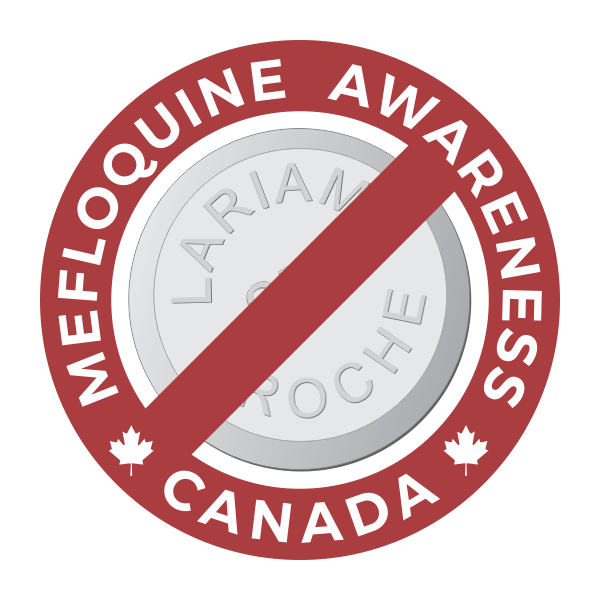Angel Kibble spent seven years with the Canadian Forces in Esquimalt on Vancouver Island. But during that time, she claims she suffered a knee injury in basic training and was harassed by her peers.
She’s been diagnosed with post-traumatic stress disorder (PTSD) and complex regional pain syndrome — a chronic pain condition affecting a limb usually after an injury.
“It feels like my body has been emptied of its blood, filled with gasoline, and I’ve been lit with fire,” says the 37-year-old.
In 2015, Corporal Kibble was given a medical discharge and she thought Veterans Affairs would take care of her.
Her doctors were trying all kinds of treatments. Finally, they found ketamine was treating both her chronic pain and PTSD.
“It’s pretty much control, alt, delete for your computer, ” says Kibble. “That’s what it does for your nervous system.”
Ketamine is a powerful anesthetic. This past December – Christmas Eve to be exact – Veterans Affairs cut her off from the treatment saying she doesn’t qualify for it. She’s pleaded her case with Minister Kent Hehr in two letters. The stress is getting to her.
“It just sets me back.”
Dr. Greg Passey, Kibble’s psychiatrist, can’t talk about her case because of patient confidentiality.
But, he spent 22 years in the military and says that veterans often have trouble navigating the bureaucracy.
